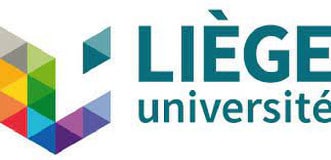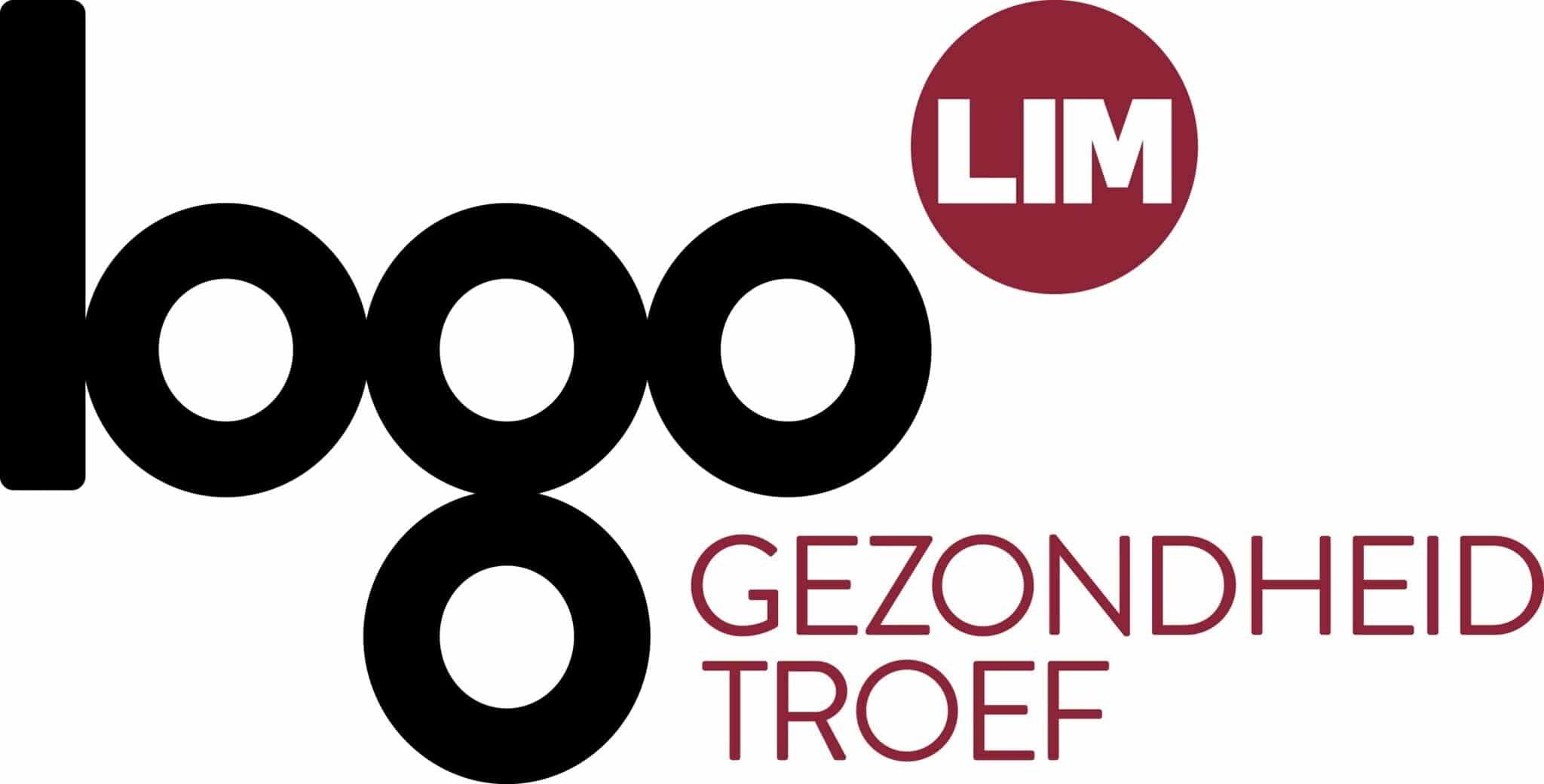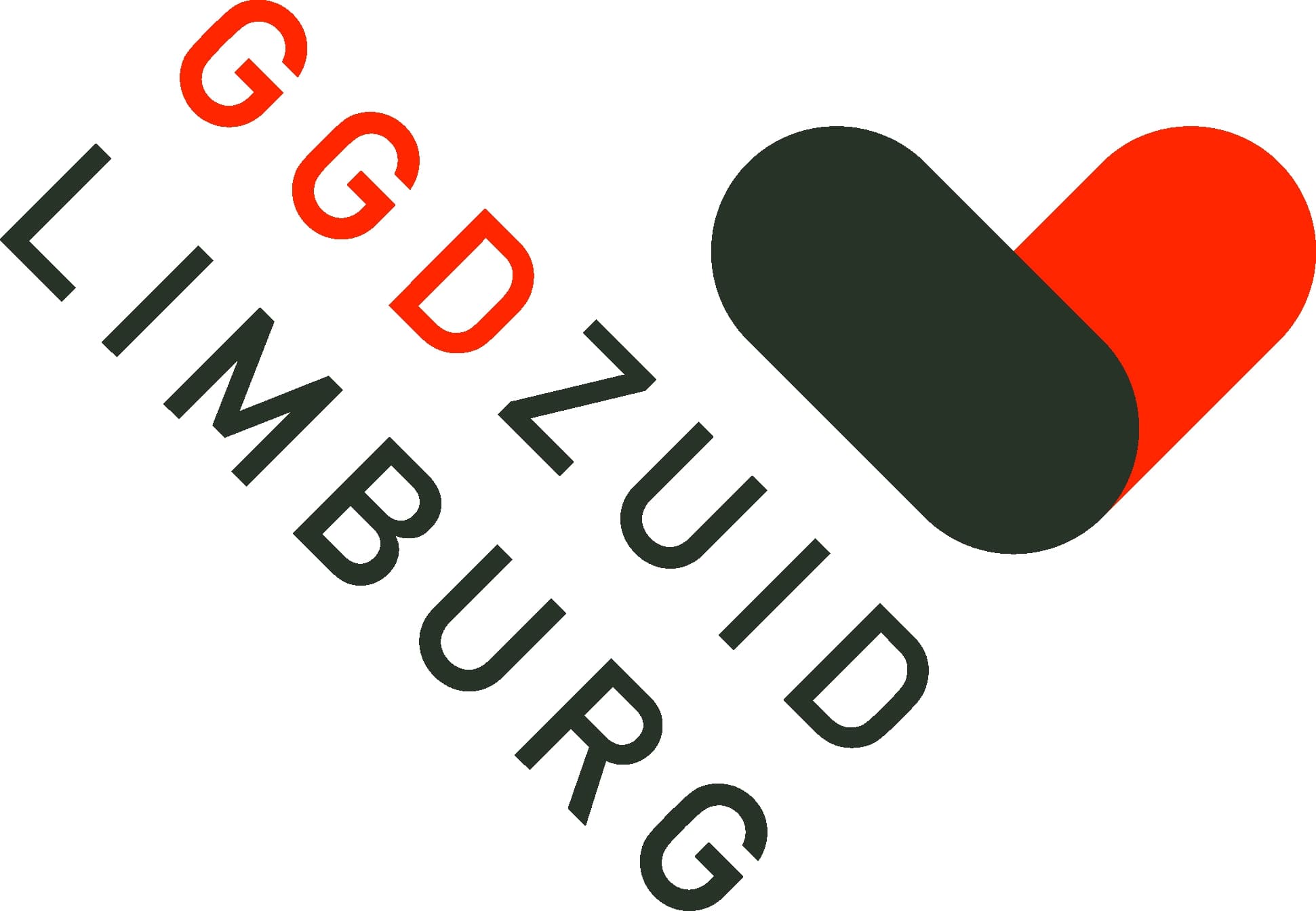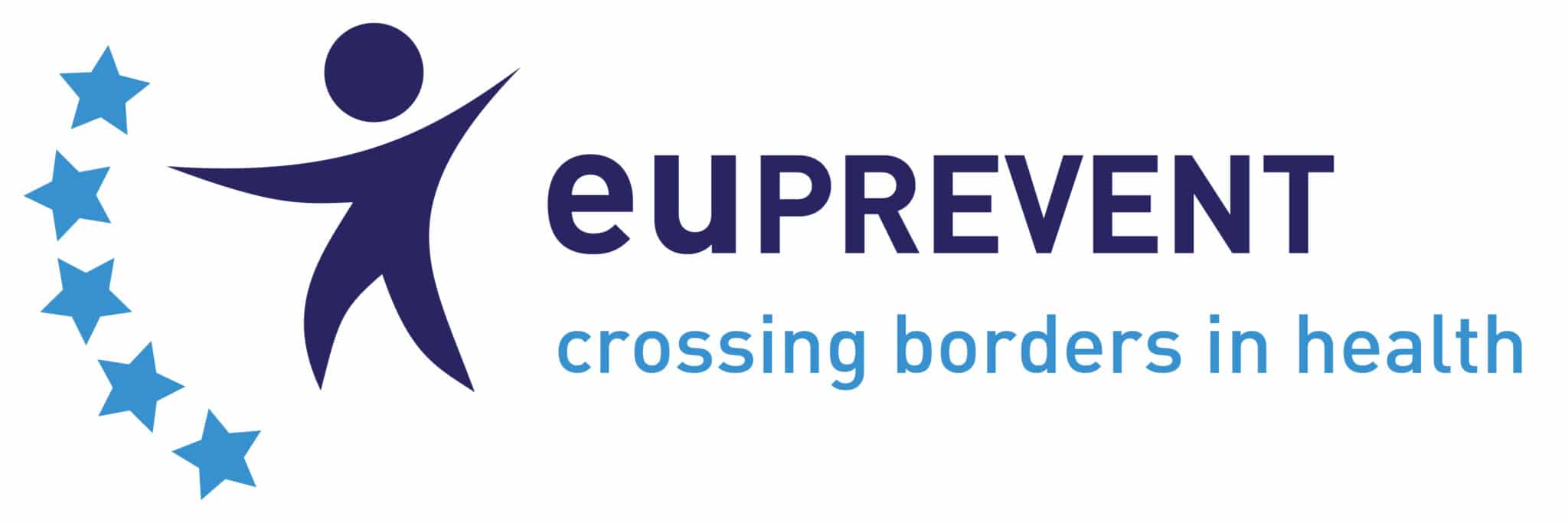This project is a collaboration between various partners from the Euregion Meuse-Rhine (EMR). Read more about them here.
Let’s unite! The euPrevent PROFILE project partners in the Meuse-Rhine Euregion
December 10, 2021
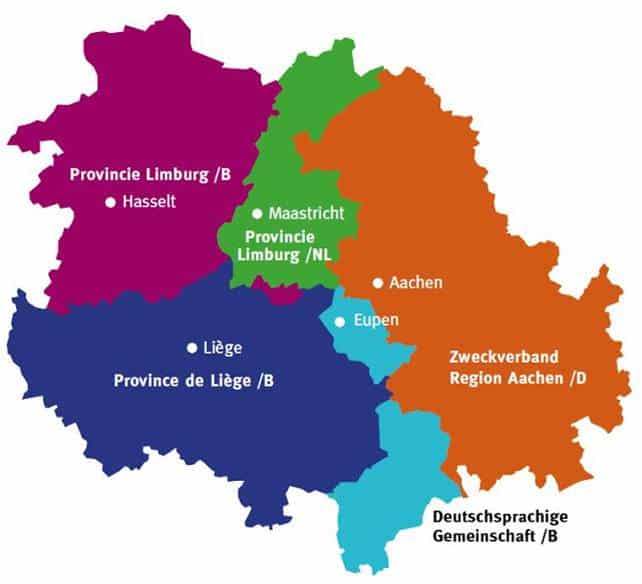
Maastricht University
Maastricht University (UM) is known for its international character, innovative education model, its multidisciplinary approach to research and education, and the strong focus on social engagement. Maastricht University and the University Medical Center, jointly operating as Maastricht UMC+, are an important partner of the Dutch part of the EMR region, and have previously participated in the successful euPrevent Senior Friendly Communities project.
As the lead partner within the euPrevent PROFILE project, Maastricht University, has ample experience with coordinating (inter)national projects, including the previous successful Interreg project Senior Friendly Communities. This experience and knowledge will also be brought in the euPrevent PROFILE project. Within euPrevent PROFILE, the UM is involved in several ways. On the one hand it relates to knowledge exchange and implementation of existing activities and interventions (mutual learning through cross-border cooperation), and on the other hand UM is responsible for implementation of the project.
La Mutualité Chrétienne de Verviers-Eupen (MCVE)
The Christian Mutuality ensures the accessibility and quality of health care and services to people. It defends solidarity and social cohesion. Through its social service and its socio-educational movements, the MC sets up actions and activities in the field for different publics: young people, the older people and people with a loss of autonomy, the less able-bodied, the sick or the disabled.
The Christian Mutuality (MC) has a long expertise in the field of accompaniment and social integration of older people and frail people as well as in the support of their close caregivers. More specifically, the MC Verviers-Eupen has already participated in several Interreg projects in previous cooperation programs as well as in other European projects in coordination with the National Alliance of ot heat Mutualities and the CM Limburg.
L’Université de Liège
The University of Liège (Belgium) has 11 faculties, located on 4 campuses. Within each faculty teaching and research activities take place. This euPrevent PROFILE project is the object of a collaboration between the Faculty of Medicine (Department of Clinical Sciences, with Prof. E. Salmon) and the Faculty of Psychology and Educational Sciences (Senescence Psychology Unit, with Prof. S. Adam and Dr. S. Schroyen).
Within the university, they have brought together the strengths of the institution in order to understand the problem of aging holistically. The euPrevent PROFILE project is an opportunity to increase knowledge about the consequences and resources of older people facing loneliness. The university will be able to bring their expertise in research and communication to various project activities (in particular the literature review or the development of training courses for professionals.
BAGSO
Together with its 125 member organisations, the German National Association of Senior Citizens’ Organisations (BAGSO) represents many millions of older people in Germany. As a driving force in senior citizens‘ policies in Germany, BAGSO stands up for active, healthy and self-determined ageing in social security. BAGSO promotes a differentiated image of old age. This includes both, the various opportunities arising of longer lives as well as times of vulnerability and the need for care. By coordinating nationwide networks – such as the “Local Alliances for People with Dementia” – BAGSO supports municipalities, organisations and initiatives in promoting social participation. An important part of this is the mobilisation of civic engagement, especially for older people in vulnerable states of life.
BAGSO has international expertise in promoting social participation in old age and strengthening solidarity between the generations. BAGSO is committed to the exchange of experiences, especially in border regions. It considers the discussion of common values in Europe – especially with regard to the need for action to prevent social exclusion and loneliness- as an important task. On the website you will find a section on loneliness and other activities (for example the documentation of a 2019 symposium on loneliness).
Logo Limburg
Logo Limburg is a network organisation in the field of health promotion and disease prevention in the Belgian province of Limburg. This organisation contributes to the realisation of the Flemish health objectives at the local level. The aim of Logo Limburg is the sustainable integration of preventive health into the policies of local authorities and other organisations in various settings (care and welfare, education, work, family, leisure). The healthy choice must become the most obvious choice for every citizen.
Logo Limburg can rely on a well-developed and solid network. In the euPrevent PROFILE project Logo Limburg would like to share the knowledge and experience it has gained with projects on social cohesion and mental resilience with the other project partners. The expertise that Logo Limburg will gain through this project will be shared with its (supra)local network.
Geneeskundige Gezondheidsdienst Zuid Limburg (GGD Zuid Limburg, The Netherlands)
The South Limburg Public Health Services (= Geneeskundige Gezondheidsdienst Zuid Limburg, The GGD Zuid Limburg) monitors and promotes the health of all people of South Limburg, with special attention to people in a vulnerable position. The GGD Zuid Limburg provides health policy advise, data and knowledge to the region’s 16 municipalities. It connects people and organizations and takes initiatives to improve the health of the people of South Limburg.
Because loneliness is increasing in the South Limburg region, all municipalities started a local approach. The GGD Zuid Limburg connects municipalities and organizations and stimulates knowledge sharing and the exchange of best practices within and beyond the region. Furthermore, the GGD Zuid Limburg monitors the region’s health status, including the prevalence and impact of loneliness.
euPrevent
euPrevent is a non-profit organisation and Euroregional network that aims to promote the quality of life of citizens in the border region of the Netherlands, Germany and Belgium. Health and welfare policies are mainly organised on a national level. This has major consequences for citizens in the border region, who regularly cross the border for work or family. euPrevent focuses on the establishment of sustainable, cross-border network connections between health organisations in the border region.
euPrevent supports sustainable networks to improve the quality of life of the residents in the border region. euPrevent supports organisations in various ways, such as by organising activities, workshops, citizens’ summits and study days; facilitating knowledge transfer between health organisations in the border region; lobbying for more attention to cross-border health at the EU level; and promoting the network’s activities in Brussels and at the WHO.


